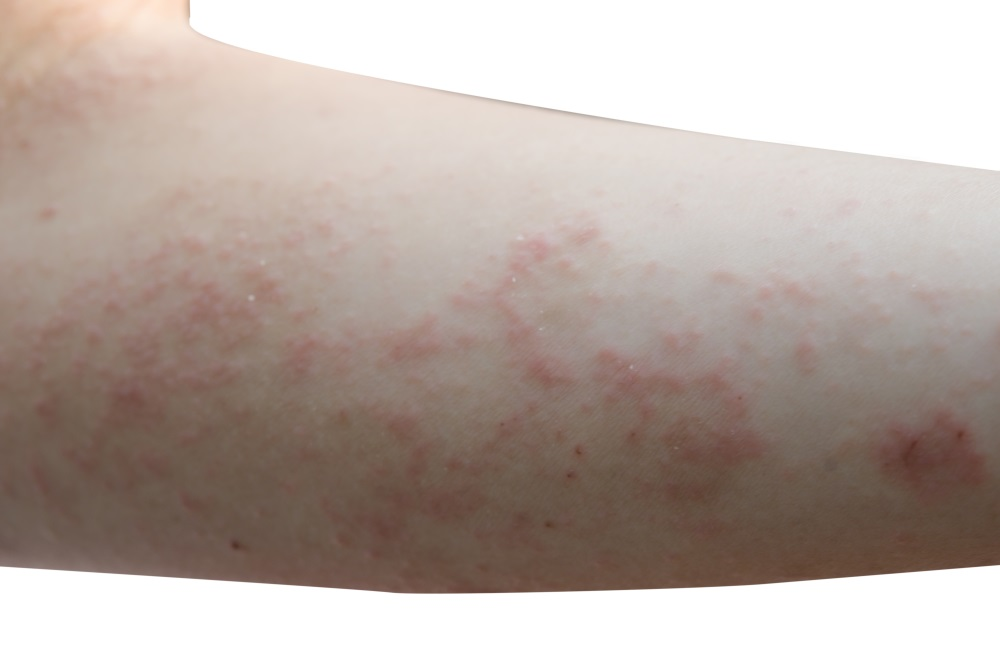Scabies is a highly contagious skin condition caused by microscopic mites called Sarcoptes scabiei, which burrow into the skin and trigger intense itching and inflammation. Treating scabies effectively and quickly is critical not only for symptom relief but also to prevent its spread to others. One of the most effective treatments available today is Ivermectin for Humans, a powerful antiparasitic medication. But one of the most common questions patients ask is: How long does it take for Ivermectin to kill scabies?
The answer depends on various factors such as the severity of the infestation, the patient’s immune response, and whether the proper dosage and follow-up treatment are administered. In this article, we will explore how Ivermectin works, the average timeline for results, best practices for administration, and additional steps for complete recovery from scabies.
Understanding How Ivermectin Works Against Scabies

Ivermectin is an antiparasitic agent that works by paralyzing and killing the mites that cause scabies. It interferes with the nerve and muscle function of the parasites, ultimately leading to their death. Ivermectin for Scabies is usually administered orally and is often preferred for widespread or crusted scabies, where topical creams may not penetrate the thickened skin effectively.
Unlike topical treatments, Ivermectin is systemic. Once ingested, it circulates through the bloodstream and reaches the skin layers where mites reside. This makes it an ideal choice for patients who have difficulty applying creams or when the infestation has spread to hard-to-reach areas.
Timeline: When Can You Expect Relief?
Most patients begin to notice relief within 48 to 72 hours of taking oral Ivermectin. However, this doesn’t mean the mites are completely gone. The initial dose of Ivermectin typically kills the adult mites, but not their eggs. For this reason, a second dose is usually prescribed 7 to 14 days later to kill any newly hatched mites.
In general, Oral ivermectin for scabies takes about 1 to 2 weeks to fully eradicate the mites when used correctly. However, it’s crucial to understand that itching and skin irritation may persist even after the mites are dead. This post-treatment itch is a reaction to the proteins and waste left behind by dead mites and can last for several weeks.
Factors That Influence the Effectiveness of Ivermectin
Several elements can affect how quickly Ivermectin works and whether it successfully cures the infestation:
Severity of Infestation: Heavier infestations, like crusted scabies, may require multiple doses and take longer to resolve.
Immune System Response: Individuals with compromised immune systems may experience slower healing and require additional medical supervision.
Correct Dosage: The recommended dose for adults is usually 200 micrograms per kilogram of body weight. Miscalculating the dosage can lead to treatment failure.
Adherence to Treatment Protocol: Skipping the second dose or failing to treat close contacts can result in reinfestation.
Environmental Cleaning: Washing bedding, clothes, and disinfecting commonly touched surfaces is crucial to prevent reinfection.
Ivermectin Dosage and Administration Guidelines
Ivermectin is most effective when taken on an empty stomach with a full glass of water. This maximizes its absorption into the bloodstream. The typical protocol involves:
First Dose: Kills most of the adult mites.
Second Dose (7-14 Days Later): Targets newly hatched mites before they mature and reproduce.
It is essential to follow your healthcare provider’s instructions carefully. Never self-prescribe or adjust the dosage without professional guidance, as misuse can lead to side effects or treatment failure.
Additional Measures for Complete Recovery

Killing the mites is only part of the battle. The allergic reactions caused by mite debris can prolong discomfort. To help with post-treatment symptoms, doctors often recommend:
Antihistamines: To relieve itching and allow restful sleep.
Topical Steroids: To reduce inflammation and redness.
Moisturizers: To restore skin health and reduce irritation.
Another crucial step is treating all close contacts at the same time, even if they show no symptoms. Scabies is highly contagious, and treating just one person while ignoring others in the household often leads to recurrence.
Environmental Decontamination Tips
Scabies mites can survive for 2–3 days outside the human body. Therefore, it is vital to clean your living environment thoroughly. Follow these tips:
Wash all clothes, linens, and towels used in the last three days in hot water and dry them on high heat.
Items that cannot be washed should be sealed in plastic bags for at least 72 hours.
Vacuum carpets, mattresses, and upholstered furniture thoroughly.
These measures will significantly reduce the risk of reinfestation and help the treatment work more effectively.
Get Safe and Affordable Ivermectin
Finding a reliable source for treatment is just as important as getting the right medication. Many people now prefer to order their prescriptions online for convenience and privacy. Buycheapmedicine is a trusted online pharmacy offering affordable, FDA-approved medications delivered directly to your door. Whether you’re looking for Ivermectin tablets or other health essentials, this platform offers discreet packaging and fast delivery.
Final Thoughts: Patience and Persistence are Key
Scabies can be a distressing and uncomfortable condition, but with the right treatment, it is highly curable. Ivermectin for Humans has proven to be a game-changer in scabies treatment, especially for severe or crusted cases. While it usually starts working within a few days, complete eradication of mites can take up to two weeks or more, particularly when post-treatment itch lingers.
Always consult your doctor for personalized advice and make sure to complete the entire treatment course. Don’t forget to treat your environment and inform close contacts to prevent reinfestation. A comprehensive approach, guided by professional medical advice, ensures a smoother path to recovery and long-term relief.









